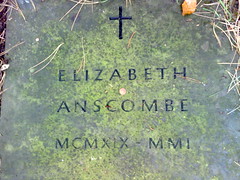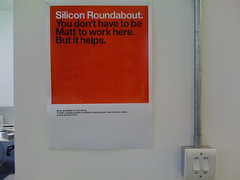A while back I wrote a column about cloud computing in which I noted that the physical location our online services still matters, and commented that:
In the real world national borders, commercial rivalries and political imperatives all come into play, turning the cloud into a miasma as heavy with menace as the fog over the Grimpen Mire that concealed the Hound of the Baskervilles in Arthur Conan Doyle’s story.
Nick Carr coined the phrase ‘miasma computing‘ in response (and I wish I’d thought of it first!), and at GikIII recently the excellent Miranda Mowbray presented ‘The Fog over the Grimpen Mire: Cloud Computing and the Law‘, which organiser Andres Guadamuz called ‘a virtuoso remix of Sherlock Holmes and cloud computing’ that was ‘both endearingly performed and absolutely spot on.’
I’m sorry I missed it, but her slides are here…



